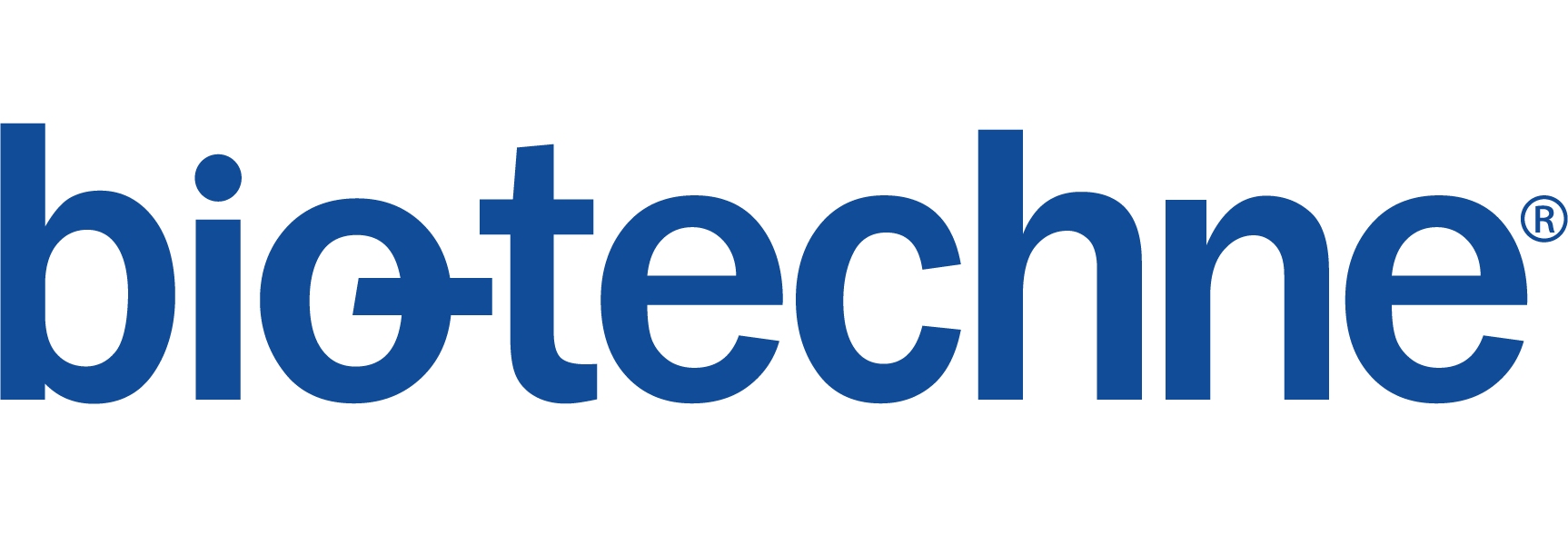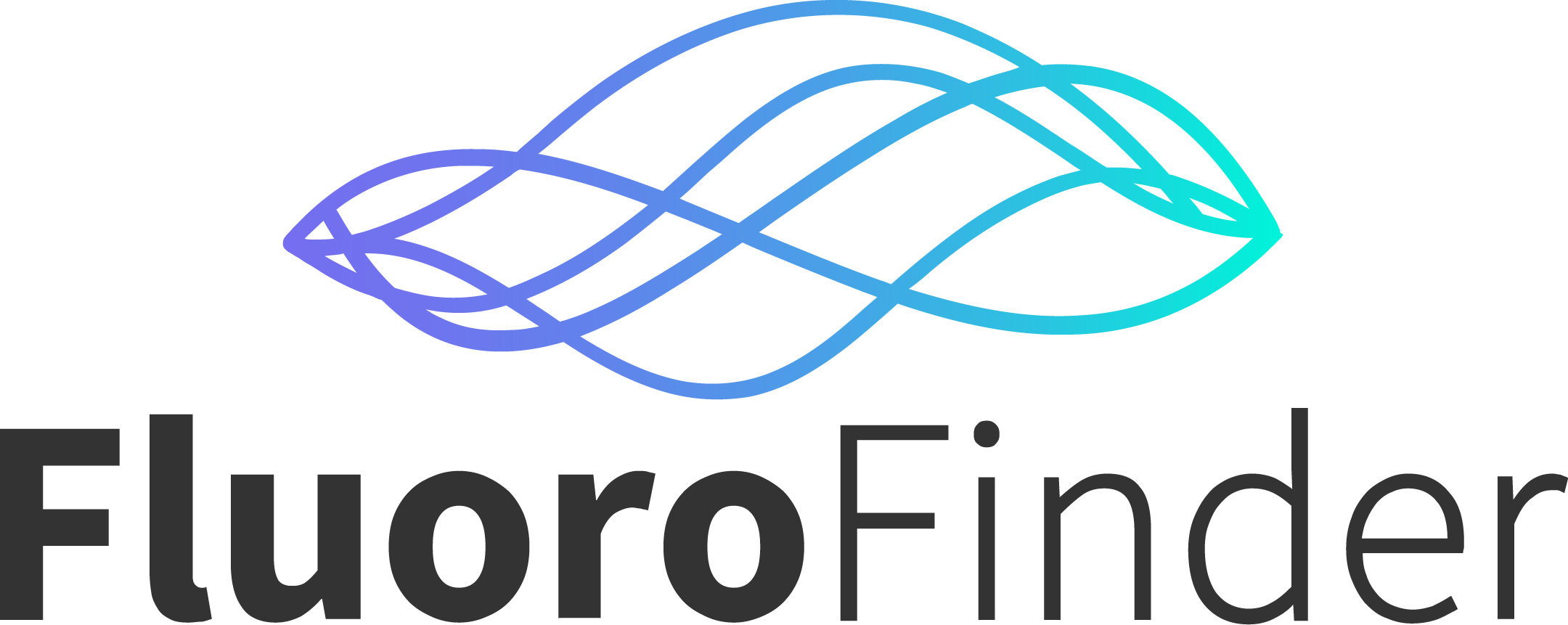-
GENE_NAME : CD22
CD_NAME : CD22
DESC: CD22 molecule
OTH_NAMES: sialic acid binding Ig-like lectin 2; SIGLEC-2; SIGLEC2CLONE_NAME ISO_TYPE SUBMITTER AVAILABLE_FROM 4KB128 IgG1 Pulford Thermo Fisher Scientific BU59 IgG1 Hardie AbD Serotec HIB22 IgG1 Chen BD Biosciences S-HCL1 IgG2b Tinsley Novus Biologicals HIB22 IgG1 Chen BioLegend IS7 Mouse IgG1 EXBIO Praha S-HCL-1 Mouse IgG2b kappa EXBIO Praha -
CLONE_NAME ISO_TYPE SUBMITTER AVAILABLE_FROM 3G5 IgG1 De Rie 3H4 IgG1 Hooijberg 4KB128 IgG1 Pulford Thermo Fisher Scientific 29-110 IgG1 Kraft 196-9 IgG1 Tedder AA2 unknown Funderud B-A26 IgG1 Clément B-ly2 unknown Poppema BC-8 IgG1 Erber BL-3C4 IgG2a Fiebig BL9 IgG1 Wang BU59 IgG1 Hardie AbD Serotec CLB-Bly1 IgG1 Tetteroo G28-7 IgG1 Ledbetter HB22-7 IgG2 Tedder HB22-27 IgG1 Tedder HD6 IgG1 Dörken HD39 IgG1 Dörken HD239 IgG2b Dörken HIB22 IgG1 Chen BD Biosciences IS7 IgG1 Funderud Leu-14 IgG2b Warner OKB22A, EC6 IgG1 Rao OM-124 IgG1 Falini OTH228 IgG Hadam S-HCL1 IgG2b Schwarting SJ10-1H11 IgG1 Melvin To15 IgG2b Pulford S-HCL1 IgG2b Tinsley Novus Biologicals CTSU-CD22-1 IgG1 Flavell CTSU-CD22-2 IgG1 Flavell CTSU-CD22-5 IgG1 Flavell CTSU-CD22-6 IgG1 Flavell CTSU-CD22-8 IgG1 Flavell HIB22 IgG1 Chen BioLegend IS7 Mouse IgG1 EXBIO Praha S-HCL-1 Mouse IgG2b kappa EXBIO Praha -
STRUCTURE
CD22 is type I membrane glycoprotein that belongs to the sialic acid-binding immunoglobulin-like lectin family of adhesion molecules. The extracellular part of CD22 contains 7 Ig-like domains, being the most distal one a V-set Ig domain. The six other domains are C-2 set Ig. CD22 also comprises a transmembrane region and a cytoplasmic portion with 6 conserved tyrosine residues.1-3 Other isoforms without the Ig domain 4 and/or 3 have also been described.1
-
Tedder TF, Tuscano J, Sato S, Kehrl JH. CD22, a B lymphocyte-specific adhesion molecule that regulates antigen receptor signaling. Annu Rev Immunol. 1997;15:481-504.
-
Walker JA, Smith KG. CD22: an inhibitory enigma. Immunology. 2008;123:314-25.
-
Wilson GL, Fox CH, Fauci AS, Kehrl JH. cDNA cloning of the B cell membrane protein CD22: a mediator of B-B cell interactions. J Exp Med. 1991;173:137-46.
-
-
LIGANDS
Extracellular
CD22 usually interacts with its ligands in cis, although in some cases it can also bind in trans.1 The ligands of CD22 are those glycans with β1,4-linked galactose residues attached to sialic acid in α2,6-linkage.2 CD45 and BCR are examples of ligands of CD22. 3-4 Finally, CD22 also associates with itself.5
Intracellular associate molecules
It interacts with SYK, LYN, PLGC1, PTPN6, PIK3R1, SHP, PMCA and PTPRC. 6-10
-
Walker JA, Smith KG. CD22: an inhibitory enigma. Immunology. 2008;123:314-25.
-
Powell LD, Sgroi D, Sjoberg ER, Stamenkovic I, Varki A. Natural ligands of the B cell adhesion molecule CD22 beta carry N-linked oligosaccharides with alpha-2,6-linked sialic acids that are required for recognition. J Biol Chem. 1993;268:7019-27.
-
Peaker CJ, Neuberger MS. Association of CD22 with the B cell antigen receptor. Eur J Immunol. 1993;23:1358-63.
-
Law CL, Aruffo A, Chandran KA, Doty RT, Clark EA. Ig domains 1 and 2 of murine CD22 constitute the ligand-binding domain and bind multiple sialylated ligands expressed on B and T cells. J Immunol. 1995;155:3368-76.
-
Han S, Collins BE, Bengtson P, Paulson JC. Homomultimeric complexes of CD22 in B cells revealed by protein-glycan cross-linking. Nat Chem Biol. 2005;1:93-7.
-
Orchard S, Ammari M, Aranda B, Breuza L, Briganti L, Broackes-Carter F, Campbell NH, Chavali G, Chen C, del-Toro N, Duesbury M, Dumousseau M, Galeota E, Hinz U, Iannuccelli M, Jagannathan S, Jimenez R, Khadake J, Lagreid A, Licata L, Lovering RC, Meldal B, Melidoni AN, Milagros M, Peluso D, Perfetto L, Porras P, Raghunath A, Ricard-Blum S, Roechert B, Stutz A, Tognolli M, van Roey K, Cesareni G, Hermjakob H. The MIntAct project--IntAct as a common curation platform for 11 molecular interaction databases. Nucleic Acids Res. 2014;42:D358-63.
-
Tuscano JM, Engel P, Tedder TF, Agarwal A, Kehrl JH. Involvement of p72syk kinase, p53/56lyn kinase and phosphatidyl inositol-3 kinase in signal transduction via the human B lymphocyte antigen CD22. Eur J Immunol. 1996;26:1246-52.
-
Law CL, Sidorenko SP, Chandran KA, Zhao Z, Shen SH, Fischer EH, Clark EA. CD22 associates with protein tyrosine phosphatase 1C, Syk, and phospholipase C-gamma(1) upon B cell activation. J Exp Med. 1996;183:547-60.
-
Doody GM, Justement LB, Delibrias CC, Matthews RJ, Lin J, Thomas ML, Fearon DT. A role in B cell activation for CD22 and the protein tyrosine phosphatase SHP. Science. 1995;269:242-4.
-
Chen J, McLean PA, Neel BG, Okunade G, Shull GE, Wortis HH. CD22 attenuates calcium signaling by potentiating plasma membrane calcium-ATPase activity. Nat Immunol. 2004;5:651-7.
-
-
GENE_NAME : CD22
CD_NAME : CD22
CD22 is mainly expressed in B cells. In particular, it is expressed in the cytoplasm of pre-B and pro-B cells.1-2 In the surface, it is expressed in mature B cells, marginal zone B cells and mantle zone B cells. 1-3 Germinal cells display little expression of CD22, whereas plasma cells do not display this molecule.1-2
-
Dörken B, Moldenhauer G, Pezzutto A, Schwartz R, Feller A, Kiesel S, Nadler LM. HD39 (B3), a B lineage-restricted antigen whose cell surface expression is limited to resting and activated human B lymphocytes. J Immunol. 1986;136:4470-9.
-
Tedder TF, Tuscano J, Sato S, Kehrl JH. CD22, a B lymphocyte-specific adhesion molecule that regulates antigen receptor signaling. Annu Rev Immunol. 1997;15:481-504.
-
Danzer CP, Collins BE, Blixt O, Paulson JC, Nitschke L. Transitional and marginal zone B cells have a high proportion of unmasked CD22: implications for BCR signaling. Int Immunol. 2003;15:1137-47.
-
-
GENE_NAME : CD22
CD_NAME : CD22
CD22 can act as a stimulatory and an inhibitory receptor due to the ITAM-like regions and ITIMS motifs located in its cytoplasmic tail. 1 Upon BCR engagement, CD22 is able to hinder the resulting calcium signaling by recruiting the phosphatase SHP2. However, engagement of CD22 triggers B cell proliferation in human B cells and this proliferation is even greater when the BCR is stimulated.2-3 Apart from that, studies in mice have showed that CD22 might also play a role in B migration and adhesion.4-5
-
Tedder TF, Poe JC, Haas KM. CD22: a multifunctional receptor that regulates B lymphocyte survival and signal transduction. Adv Immunol. 2005;88:1-50.
-
Walker JA, Smith KG. CD22: an inhibitory enigma. Immunology. 2008;123:314-25.
-
Tuscano J, Engel P, Tedder TF, Kehrl JH. Engagement of the adhesion receptor CD22 triggers a potent stimulatory signal for B cells and blocking CD22/CD22L interactions impairs T-cell proliferation. Blood. 1996;87:4723-30.
-
Nitschke L, Floyd H, Ferguson DJ, Crocker PR. Identification of CD22 ligands on bone marrow sinusoidal endothelium implicated in CD22-dependent homing of recirculating B cells. J Exp Med. 1999;189:1513-8.
-
Nitschke L, Carsetti R, Ocker B, Köhler G, Lamers MC. CD22 is a negative regulator of B-cell receptor signalling. Curr Biol. 1997;7:133-43.
-
-
GENE_NAME : CD22
CD_NAME : CD22
Cell marker
CD22 is useful for diagnosis and classification of B-cell chronic lymphoproliferative diseases, acute myeloid leukemia/myelodysplastic syndrome and B-cell precursor acute lymphoblastic leukemia.1 In addition, CD22 can also be used as a pan-B cell marker.
-
Van Dongen JJ, Lhermitte L, Böttcher S, Almeida J, van der Velden VH, Flores-Montero J, Rawstron A, Asnafi V, Lécrevisse Q, Lucio P, Mejstrikova E, Szczepański T, Kalina T, de Tute R, Brüggemann M, Sedek L, Cullen M, Langerak AW, Mendonça A, Macintyre E, Martin-Ayuso M, Hrusak O, Vidriales MB, Orfao A; EuroFlow Consortium (EU-FP6, LSHB-CT-2006-018708). EuroFlow antibody panels for standardized n-dimensional flow cytometric immunophenotyping of normal, reactive and malignant leukocytes. Leukemia. 2012;26:1908-75.
Therapeutic
As a molecule expressed in several malignant cells, targeting CD22 has a lot of potential in the context of hematologic malignancies.
Inotuzumab ozogamicin is an anti-CD22 antibody conjugated to a cytotoxic drug named calicheamicin. In 2017, it was approved for the treatment of relapsed or refractory B-cell acute lymphoblastic leukemia by the FDA. Currently, clinical trials are being performed to check its efficacy in other clinical conditions.1
Moxetumomab pasudotox is another drug-conjugated CD22-targeted strategy. In this case, it consists of the variable region of the CD22 antibody conjugated to exotoxin A. Although not approved, the FDA granted Moxetumomab pasudotox orphan drug designation in hairy cell leukemia. 2 Recently the FDA has accepted its Biologics License application granting it priority review.
Another approach is Epratuzumab, which is an anti-CD22 antibody conjugated with a drug, the topoisomerase I inhibitor SN-38. This drug has been tested in clinical trials of systemic lupus erythematosus, lymphoma and acute lymphoblastic leukemia. However, no improvement was reported in 2 phase III clinical studies with patients with systemic lupus erythematosus. 2-3
Finally, a CAR strategy against CD22 has been developed and tested on a phase I clinical trial of acute lymphoblastic leukemia.4
-
Uy N, Nadeau M, Stahl M, Zeidan AM. Inotuzumab ozogamicin in the treatment of relapsed/refractory acute B cell lymphoblastic leukemia. J Blood Med. 2018;9:67-74.
-
Drgona L, Gudiol C, Lanini S, Salzberger B, Ippolito G, Mikulska M. ESCMID Study Group for Infections in Compromised Hosts (ESGICH) Consensus Document on the safety of targeted and biological therapies: an infectious diseases perspective (Agents targeting lymphoid or myeloid cells surface antigens [II]: CD22, CD30, CD33, CD38, CD40, SLAMF-7 and CCR4). Clin Microbiol Infect. 2018;24 Suppl 2:S83-S94.
-
Clowse ME, Wallace DJ, Furie RA, Petri MA, Pike MC, Leszczyński P, Neuwelt CM, Hobbs K, Keiserman M, Duca L, Kalunian KC, Galateanu C, Bongardt S, Stach C, Beaudot C, Kilgallen B, Gordon C; EMBODY Investigator Group. Efficacy and Safety of Epratuzumab in Moderately to Severely Active Systemic Lupus Erythematosus: Results From Two Phase III Randomized, Double-Blind, Placebo-Controlled Trials. Arthritis Rheumatol. 2017;69:362-375.
-
Fry TJ, Shah NN, Orentas RJ, Stetler-Stevenson M, Yuan CM, Ramakrishna S, Wolters P, Martin S, Delbrook C, Yates B, Shalabi H, Fountaine TJ, Shern JF, Majzner RG, Stroncek DF, Sabatino M, Feng Y, Dimitrov DS, Zhang L, Nguyen S, Qin H, Dropulic B, Lee DW, Mackall CL. CD22-targeted CAR T cells induce remission in B-ALL that is naive or resistant to CD19-targeted CAR immunotherapy. Nat Med. 2018;24:20-28.
-
-
GENE_NAME : CD22
CD_NAME : CD22
GENERAL_INFORMATION
NCBI_NAME CD22 NCBI_OTHER_NAME sialic acid binding Ig-like lectin 2; SIGLEC-2; SIGLEC2 SWISS_NAMES CD22_HUMAN DESC CD22 molecule LOCUS_INFO_LINKS
HGNC_LOCUS_TAG: 1643 ONLINE_MENDELIAN_INHERITANCE: 107266 NCBI_HOMOLOGENE: 31052 NCBI_MAP: 19q13.1 NCBI_ENTRE_GENE_ENTRY: 933 GENE_SIZE: 18195 EN_GE_EN: MRNA_SEQ_LENGTH: 3260 PRCORENC: 57 to 2600 ENTREN: ENST00000085219 PROTEIN_LENGTH_NCBI_REFSEQ: 847 NCBI_REF_SEF_ENTRY: NP_001762.2 , 157168355 PROTEIN_LENGTH_SWISPROT: 828 ENSEMBLE_PROT_ENTRY: ENSP00000085219 PR_MO_WEIGHT: 95348 SWPROT_PROTEIN_ENTRY: CD22_HUMAN , P20273 PR_SW_PR: 6.25 IPI_NUMBER: IPI00295133 NCBI_CONSV_DOMAINS: 157168355 ENSM_NUMBER: P20273







